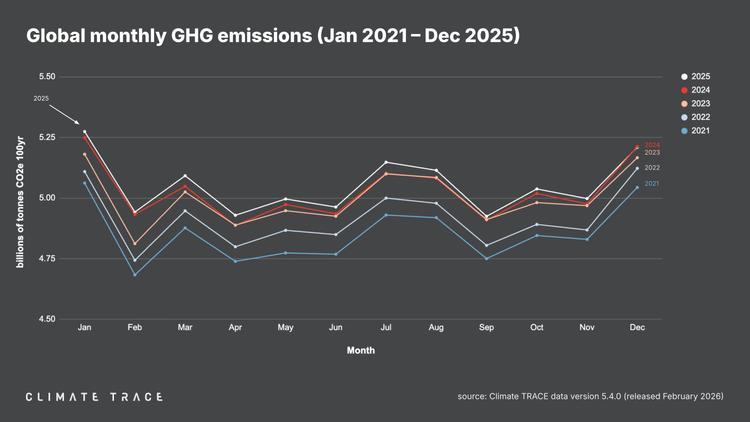Farmers confirm reduced productivity and income loss from climate change
"If the system doesn't work for the farmer, it won't work at all."

A wide majority of UK farmers have been affected by extreme weather events in the past five years, leading to a reduction in yield, productivity and income, according to a new survey.
In a study commissioned by the Energy and Climate Intelligence Unit (ECIU), 87% of farmers impacted by climate change-related extreme weather events said they had seen reduced productivity, 84% saw a reduction in crop yields or livestock output, and 75% said their income had taken a hit.







